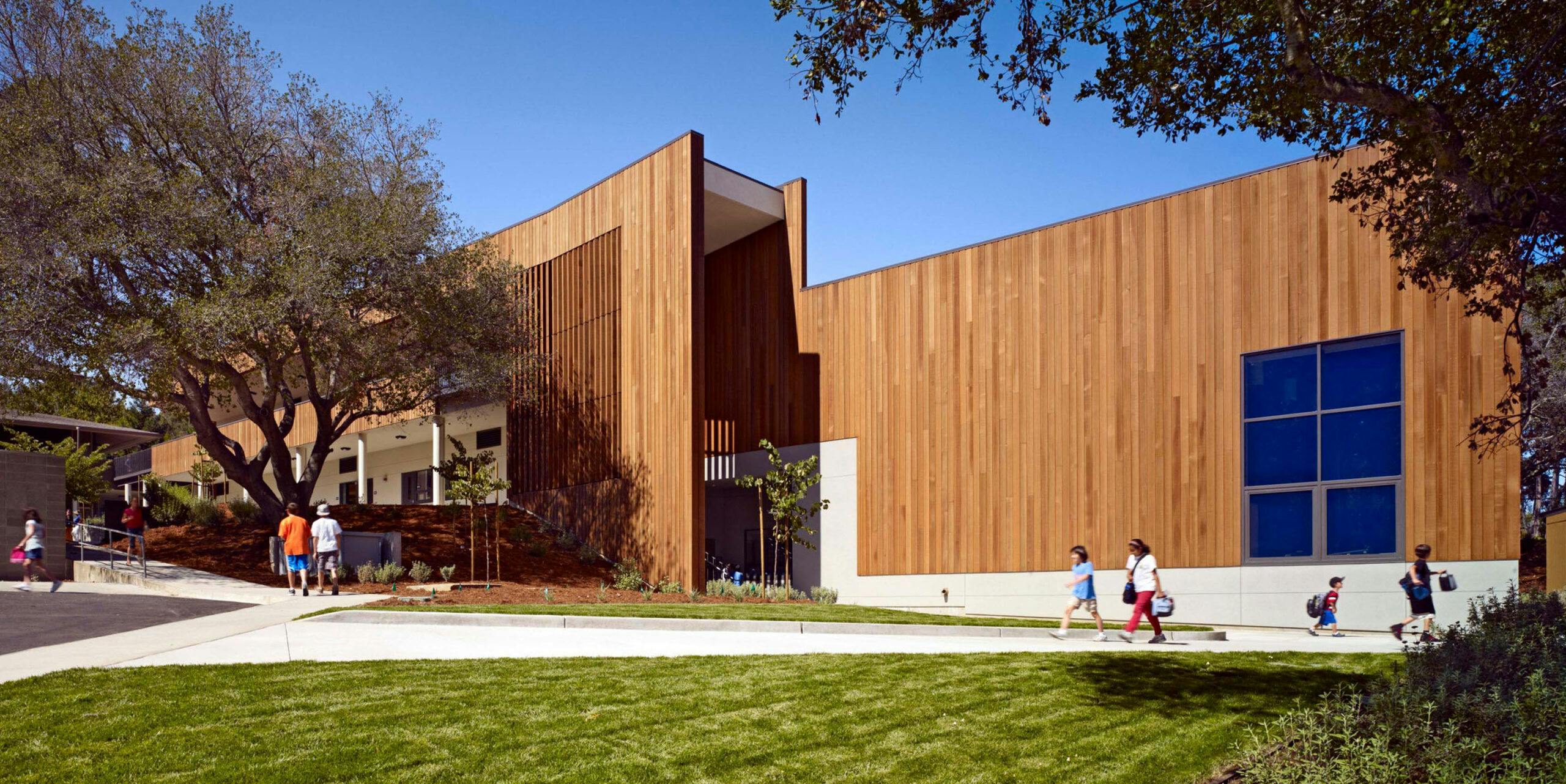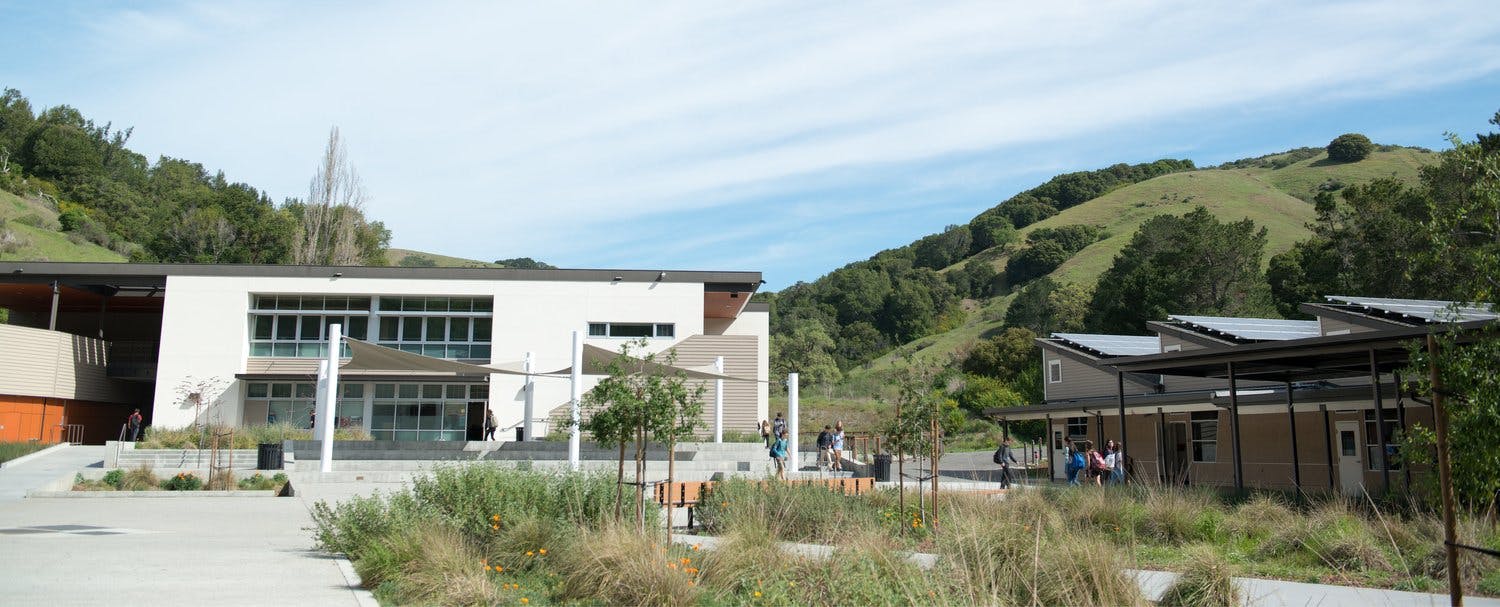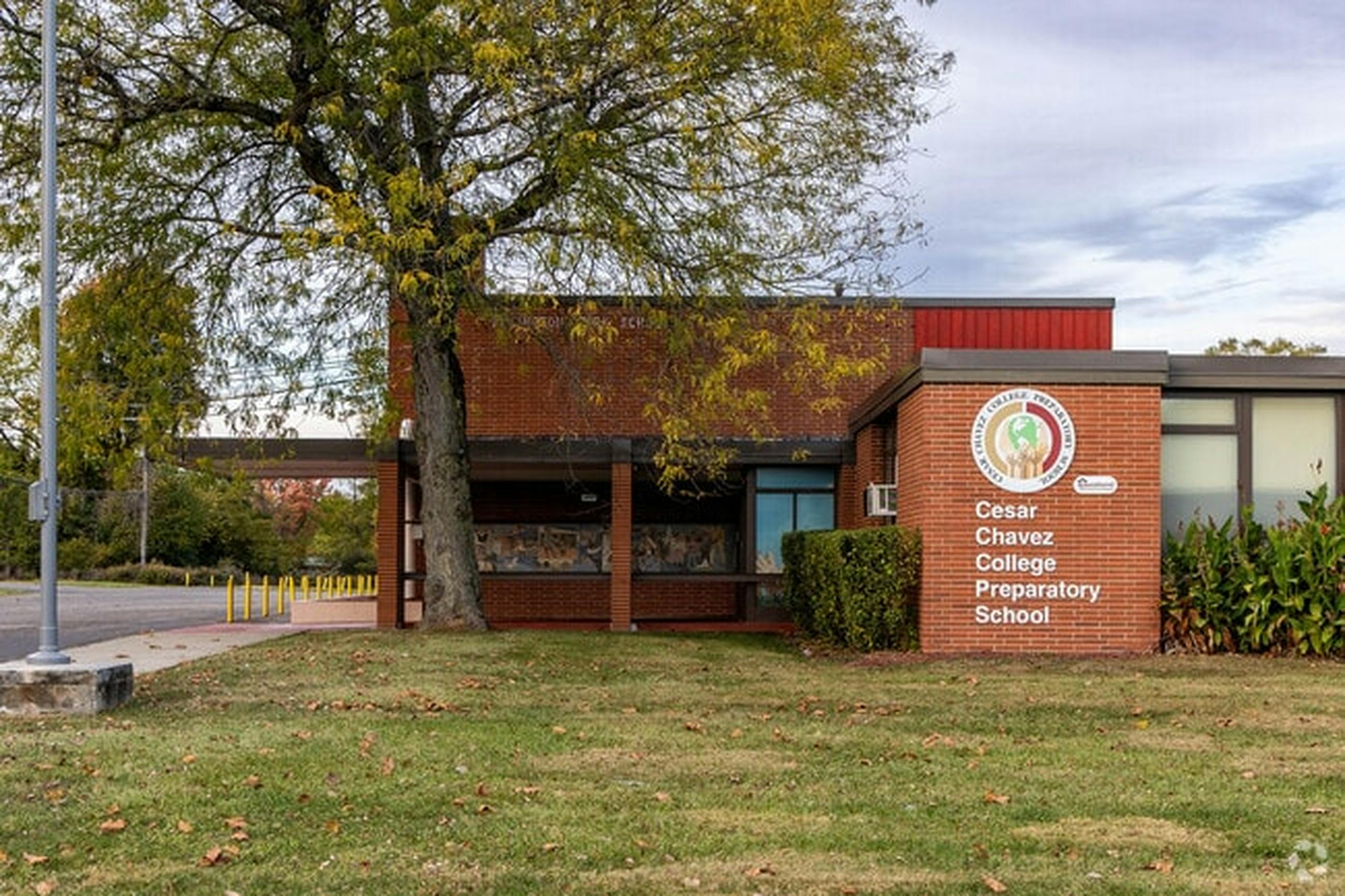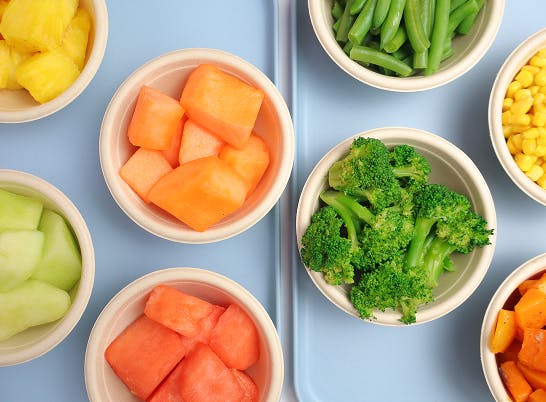This 2025, Washington State is once again considering legislation to expand access to free school meals for all students, regardless of income. Governor-elect Bob Ferguson intends to prioritize universal free meals in his term, despite his plan to cut $4.4 million from the state budget.
This is part of a recurring effort that gained momentum during the COVID-19 pandemic when the federal government temporarily funded universal free lunches. Now, there is a growing movement across the U.S. to ensure that children receive the nutrition they need to thrive in school. As Governor Ferguson said in emphasizing the program’s importance, “Hungry kids can’t learn. We can’t talk about test scores until every kid is fed."
What’s happening: Washington’s legislative proposal
Washington’s current proposed legislation seeks to provide universal free meals to all public school students. Currently, 70% of Washington students are eligible for free or reduced-price meals. The new proposal aims to bridge the gap for the remaining 30% of students who are not yet included, ensuring that every child has access to nutritious meals at school regardless of family income.
However, the plan faces a significant challenge—addressing the projected $12 billion state budget shortfall over the next four years. This funding is a critical point of debate, with lawmakers considering how to allocate state resources to cover the program’s expansion. Additionally, critics worry whether schools are prepared to handle the challenges of expanding meal programs, such as increased staff, kitchen capacity, and funding for school districts. As a result, many school districts are increasingly considering outside vendors to service their programs.
Despite this, Ferguson remains steadfast, proposing significant budget cuts, including trimming $4.4 billion, to prioritize education, nutrition, and students’ well-being: "There is no greater priority for us as a state than our students’ education and keeping our students fed."
“We need to finish that important job,” Ferguson adds. “It will require an investment, but that investment will have impacts.”
Washington’s progress on universal school meals
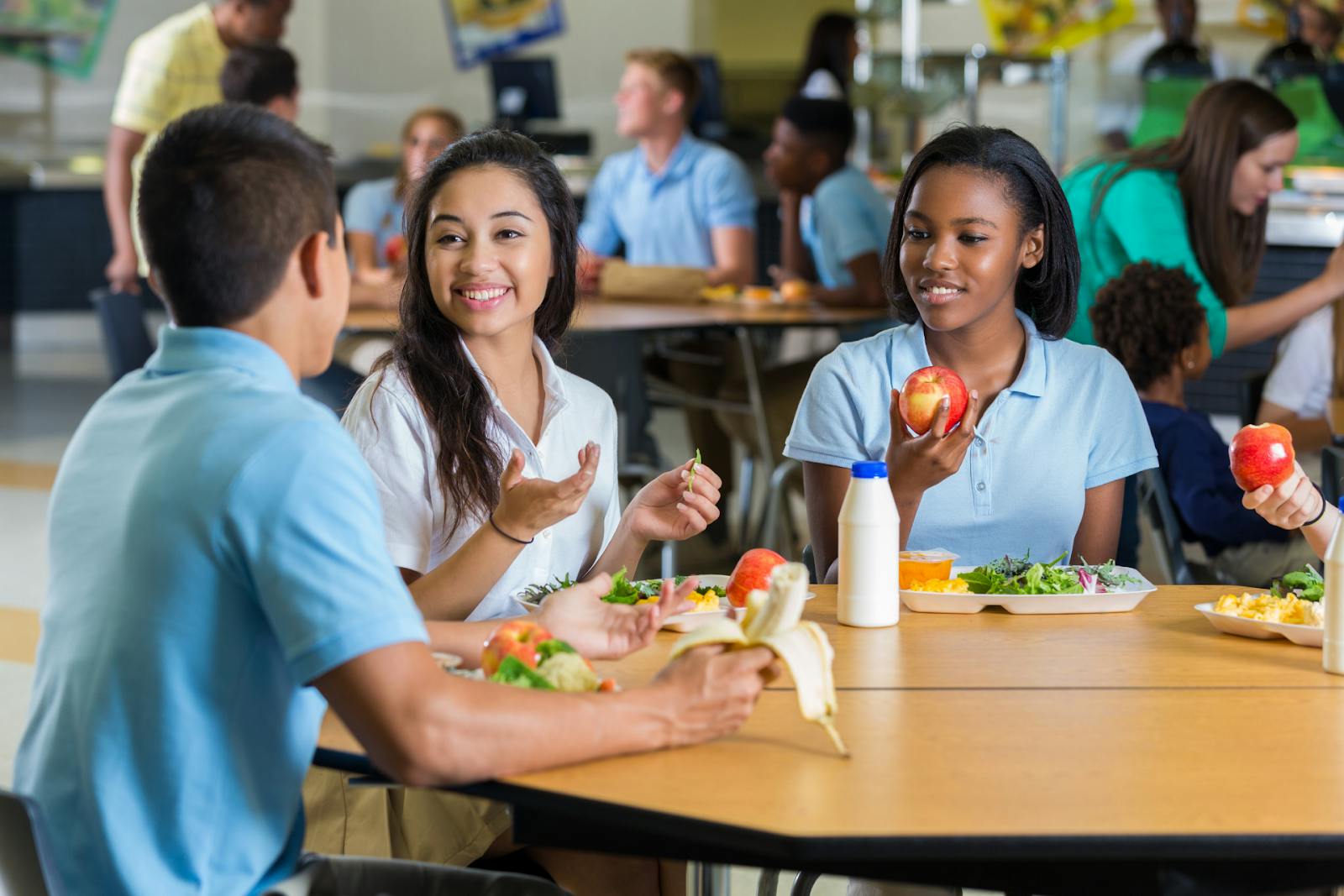
Washington State has steadily worked to expand access to free school meals in recent years, thanks to a series of efforts led by incoming Spokane Senator Marcus Riccelli. Over the past four years, Riccelli, with bipartisan support, passed three bills that gradually expanded access to universal free meals, including breakfast.
Under House Bill 1238, signed into law in 2023, schools where at least 40% of students qualify for the federal free and reduced meal program must provide free meals to students. This legislation, which took effect during the 2023-2024 school year, was further expanded in 2024 to include schools with 30% to 40% eligible students.
According to the Office of Superintendent of Public Instruction, these efforts have shown significant results for schools participating in the expanded program:
- 32% increase in lunches served and a 50% rise in breakfasts in 2024
- The program now covers 1,523 schools as of 2025, up from 1,269 the year before
In the 2024 legislative session, Riccelli initially proposed universal free meals for all of the state’s 1.1 million public school students. However, it faced setbacks due to budget concerns; with an estimated cost of $115 million per year, the state determined it would cost too much, therefore scaling the program back to focus on schools with more eligible students.
With Washington’s commitment to pushing universal free meals for all, 2025 could be the year it is signed into law. “It’s the right thing to do,” Ferguson said. “I’m going to work very hard to make this happen.”
Why free school meals matter

Universal school meals impact not only students and families but also schools. Advocates highlight its importance in addressing the following issues:
Reducing food insecurity
Families earning just above the eligibility threshold for meal programs often struggle to provide consistent, healthy meals. As Ferguson points out: “A single parent earning $19 an hour makes too much to qualify for free lunches but doesn’t make enough to make ends meet. That is not OK. That’s not acceptable.” Universal meals remove eligibility requirements, allowing families from all categories to automatically qualify.
Improving academic outcomes
Research has consistently shown that well-nourished children perform better in school. They have improved concentration, higher attendance rates, and better overall academic performance.
For instance, Whitman Elementary, where 86% of students qualify for free or reduced lunch has experienced these benefits from the program. “Our disciplinary issues are down,” said Principal Jody Schmidt. “Our academics are up. It does make a huge difference for our students.”
Decreasing stigma
Students who qualify for free meals often face social stigma, which can discourage them from participating. Universal access ensures every child can eat without fear of judgment or exclusion. “It definitely does support our families… No one is turned away,” Principal Jody Schmidt adds.
What’s next: Potential impact and timeline
If the legislation passes, universal free meals could be implemented in Washington as early as the next academic year of 2025-2026, depending on legislative approval and funding. It stands to benefit all public school students, particularly families who earn too much to qualify for free or reduced-price meals but still face financial strain.
Spokane Public Schools Superintendent Adam Swinyard noted that nearly a quarter of families in the Spokane district fall in this category. Without this legislation, many students will remain at risk of hunger and its associated academic and health impacts and families will continue without necessary support.
Washington’s proposal is part of a larger national conversation about universal free school meals. Eight states, including California, Maine, and Colorado, have since adopted permanent universal meal programs, showing promising outcomes such as reduced food insecurity, improved attendance, and higher academic performance among students. This is what Washington seeks to achieve.
Ensure student success with Ordo's stellar fresh food service
Providing equitable access to nutrition for all children in Washington ensures that all students have the resources they need to succeed. However, it can be difficult for school districts to handle the increased service and resource investment for food service under universal free meals. That’s why schools turn to companies like Ordo. We provide fresh, nutritious meals that make providing for their students easier for schools.
Ordo has become America's fastest-growing school food program, preparing fresh meals made from scratch every day in our kitchens. Our chefs focus on cooking homestyle food that’s both nutritious and what students love. Healthy meals result in better student outcomes, and administrators who invest in their nutrition programs invest in their schools.
Students and parents can place their orders through their ordering app and choose from seasonal menus with 4 to 6 options daily, like Tex Mex Crunch Salad with Creamy Lime Dressing or Chicken Bacon Wrap with Pretzels, Carrots & Ranch.
Our online platform automates compliance paperwork for reimbursable meals, tracks essential metrics like daily participation rate, and handles all payment and order processing. Ordo offers both vended meal service, where we deliver the food every day, and onsite food service management, where our chefs prepare food on campus. We have served all types of schools, from preschools and daycare centers to private and public schools. We’ve worked with some of the top brands in early education and child care, including Guidepost Montessori, Bright Horizons, Primrose, and more.
If you’re interested in providing fresh, healthy food for your school, you can reach out to the school partnerships team here.

